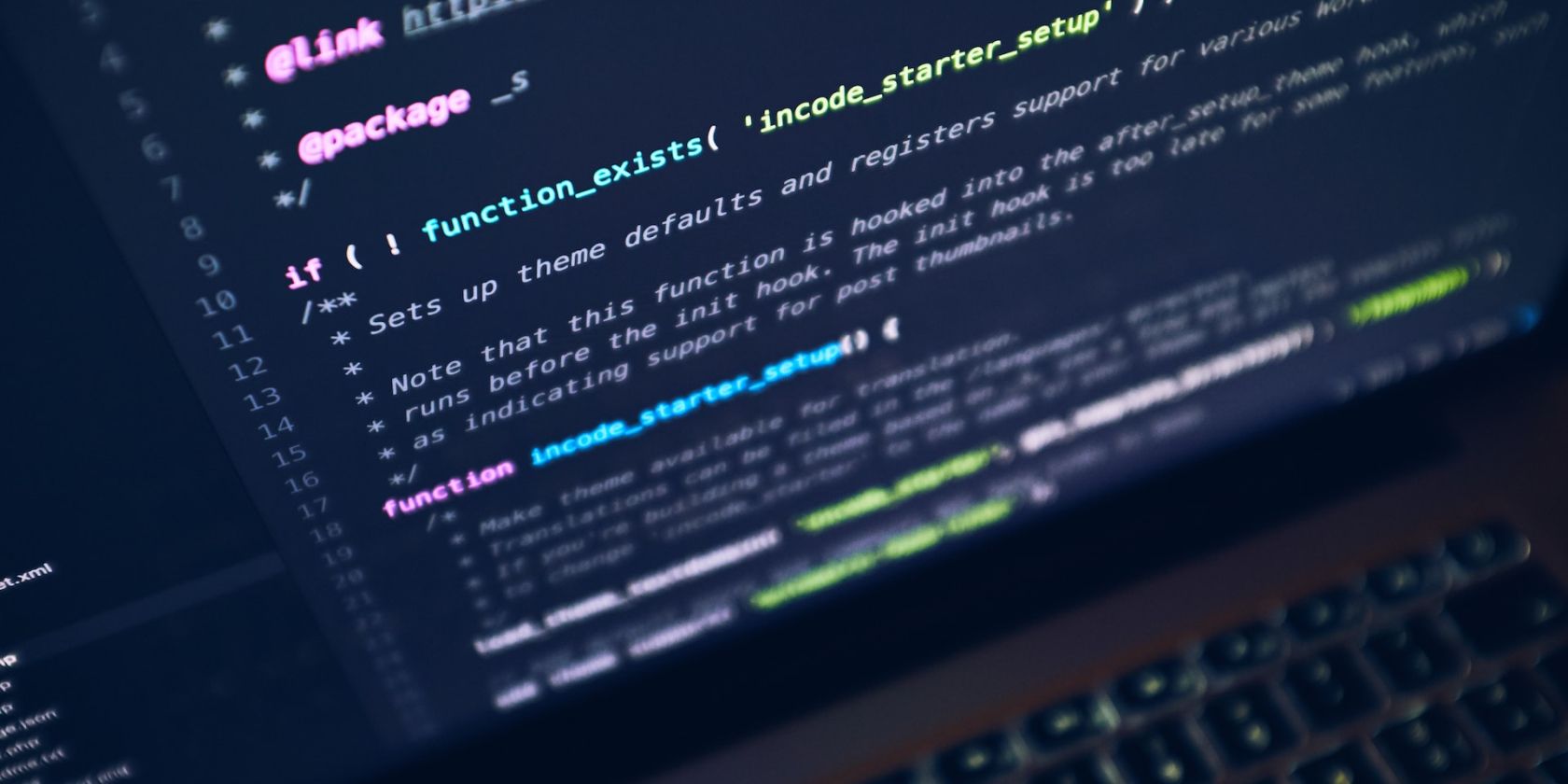Smart contract security audits assist you in identifying potential security vulnerabilities in your system. They allow you to address these vulnerabilities before a malicious party takes advantage of them and ruins your platform.
However, with such new technology, you might be wondering what a smart contract audit is, why a smart contract audit is important, and if you really need a smart contract audit anyway.
What Is a Smart Contract Audit?
A smart contract audit is a thorough, systematic inspection and analysis of the code used by a smart contract to interact with a cryptocurrency or blockchain. This process is used to find bugs, technical issues, and security loopholes in the code. With this, smart contract audit experts can recommend solutions and make changes. Smart contract audits are typically required because most contracts deal with valuable items and financial assets.
A smart contract audit does not provide a 100% guarantee that the contract will be free of errors or vulnerabilities. However, it does ensure that the smart contract is safe, having been evaluated by a tech expert.
Cyberattacks on Blockchains & Smart Contracts
The burden is on blockchain developers to find security vulnerabilities and fix them before the exploits are used in real-world attacks.
Malicious entities use two main methods for launching a successful attack: Baiting and the Reentrancy attack. The first relies on social engineering tricks like persuading a victim to send cryptocurrency to the attacker's wallet; the second and trickier strategy calls for a comprehensive understanding of blockchain smart contracts and related elements like side-chain and cross-chain wallets, as well as a knowledge of several protocols.
Here are three noteworthy blockchain attacks.
Wormhole
The Wormhole Bridge hack is the second-largest cryptocurrency attack to date. Wormhole, a popular bridge that links the Ethereum and Solana blockchains, lost roughly $320 million to a hack. The attacker took advantage of a loophole on the bridge to steal 120k Wrapped Ether worth $323 million.
The attacker was able to mint around 20,000 wETH, an Ethereum equivalent on the Solana blockchain, worth $325 million at the time of the incident. They did this by forging a valid signature for a transaction without providing any collateral.
Cream Financial
Hackers siphoned around $130 million in Ethereum tokens by exploiting a bug in Cream Finance's flash loaning contract. The Cream Oracle technology and its method of calculating asset prices have significant limitations.
The attacker took advantage of the limitations in pricing calculations made by smart contracts used by CREAM Finance's platform and changed the price of the yUSD pool used as collateral, causing a 1 yUSD share to become $2.
As a result, the attacker's original deposit of $1.5B in yUSD, according to Cream Finance, doubled. The hacker then converted their yUSD deposit on Cream Finance to $3B and used the $1B profit to drain the project's total liquidity.
Inverse Finance
First, the attacker withdrew 901 ETH from Tornado Cash—an Ethereum mixer. Then the attacker used SushiSwap's INV/WETH and INV/DOLA liquidity pools to trade them for INV. Afterward, they inflated the price of INV using both pools recorded by the Keep3r price oracle, which monitored the INV price. This enabled the attacker to inflate the price of INV at Inverse Finance and siphon a $15.6 million INV-backed loan in ETH, WBTC, YFI, and DOLA.
The Importance of a Smart Contract Security Audit
A vulnerable smart contract reflects more than just a flawed programming attempt. It can tarnish a developer's image and ruin projects that took months or years to launch. As a result, smart contract auditing is now one of the development steps programmers take for each new project. The process offers the following amazing benefits:
- Improved protection against hackers
- Prevents costly smart contract code errors
- Safer decentralized finance products
- Increased trust in the project and the entire industry
- Higher credibility in an industry that is getting more competitive
The developers' ability to do better, more enduring work, which results in safer products and applications, is made possible by this smart contract audit. Additionally, the audit report serves as a third-party expert's stamp of approval for a new project, which investors and users can rely on.
The Smart Contract Security Audit Process
A smart contract audit follows a largely standard process among audit providers. Although each auditor may take a somewhat different approach, the standard procedure is as follows:
1. Define the Audit's Scope
The project (and its intended use) and the overall architecture define the smart contract and project specifications. A specification enables the audit team to understand the project's goals when writing and running the code.
The smart contract specification and other related documentation provide detailed descriptions of the project's architecture, build process, and design decisions. Usually, the README file for the project contains a description of the specification.
2. Unit Testing
Here, the developer's responsibility is to write unit test cases. While running unit tests, the auditor checks to see if the smart contract works as intended. At this point, smart contract auditors employ testnet and auditing tools to ensure unit testing covers all relevant risks.
Additionally, tests provide smart contract auditors access to unofficial documentation that provides additional details about planned project functionality.
3. Manual Auditing
The most important part of the auditing process. The auditor checks every line of the code for errors.
4. Automated Auditing
After the manual auditing, the auditor does a detailed audit of the code using auditing tools like Slither, Scribble, Mythril, and MythX. Auditors recommend a smart contract audit based on identified vulnerabilities and code optimization.
5. Initial Reporting
The auditor makes an initial draft of the report, including the errors they found, and then sends it to the project development team for feedback and relevant fixes.
6. Final Report
The final stage in the smart contract audit process is the final writing of an audit report. The auditors should complete the tests and manual and automatic analysis processes before producing a detailed audit report. They publish the final report after taking into account any steps the team took to resolve the issues reported.
Penetration Tests for Smart Contracts
By conducting penetration testing, you can prevent cybersecurity-related catastrophes that could damage your company's reputation and result in a large financial loss. Effectively exploiting smart contract vulnerabilities will enable both the detection of serious security vulnerabilities and the identification of potential entry points into information systems.
You can carry out a smart contract penetration test in three ways.
Black Box Test
In black box testing, a penetration tester testing a smart contract in a "black box" does so without knowing how it works internally. A tester inputs data and monitors the output generated by the smart contract undergoing the test. This allows for identifying the smart contract's response time, usability and reliability issues, and how the contract responds to unexpected and expected user activities.
Gray Box Test
Gray box testing is a smart contract testing method used to test a smart contract while only knowing a part of its internal structure. Gray box testing looks for and pinpoints vulnerabilities caused by poor, smart contract code structure or use.
White Box Test
White box testing analyzes a smart contract's internal structures against testing a smart contract's functionality. It is also referred to as clear box testing, transparent box testing, glass box testing, and structural testing.
The purpose of this test is to analyze the entire system thoroughly. It determines the range and damage capacity of an attacking party.
Smart Contract Security Audits Are Vital for DeFi and NFT Projects
In conclusion, several high-profile projects that have lost funds have served as examples and made everyone aware of the urgent need for a good smart contract audit. However, even if you do a smart contract audit, there is no guarantee that the smart contract will always be immune to attacks.





